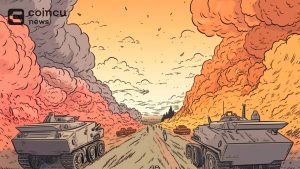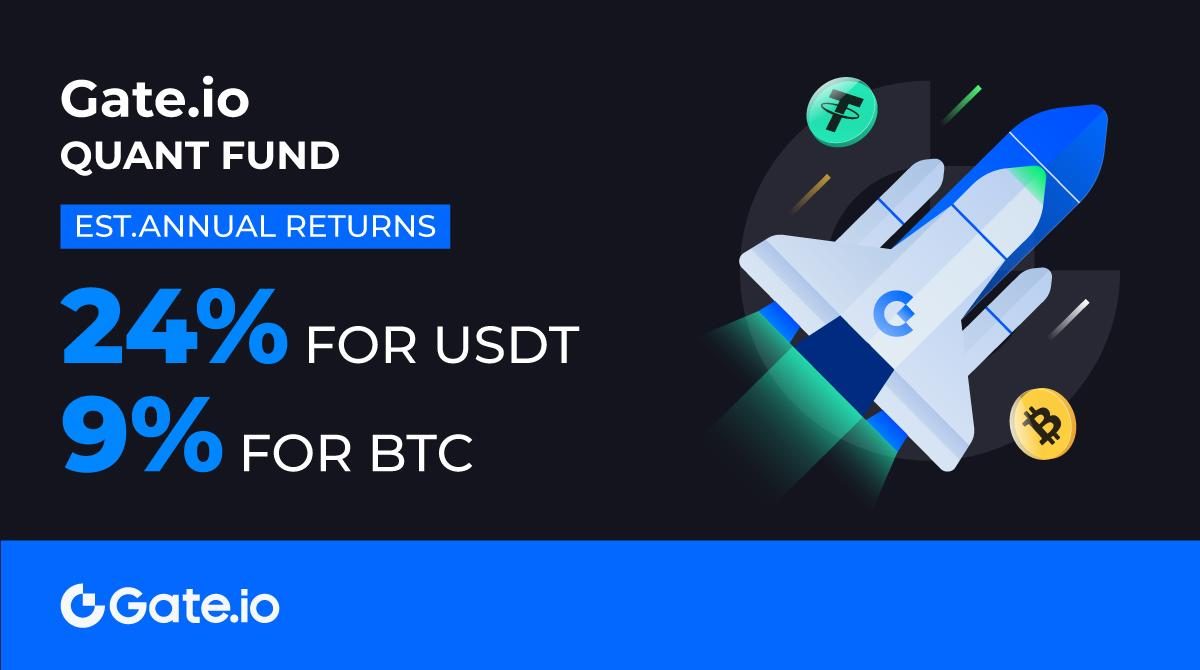Bored Ape Metaverse Land Sale ($APE). A new kind of asset in The Industrial Revolution 4.0?
Bored Ape Yacht Club creator Yuga Labs raked in about $320 million in cryptocurrency over the weekend for its sale of virtual land in one of the largest non-fungible token launches to date. The Web3 company sold NFTs that act as deeds to 55,000 digital plots of land in Yuga Labs’ upcoming metaverse game “Otherside.” Each plot of land costs roughly $5,800 in ApeCoin.

What Are Metaverse Lands?
Metaverse lands are the latest generational invention of the internet era. This technology is basically a virtual land that is controlled and inhabited by real-world people. To be more precise, a metaverse is like a network of a three-dimensional world that is connected to the internet. People can enter this world with the help of augmented virtual reality. This is going to be an astonishing replacement for the experience of computers and take the digital world to the next level.
If we consider the past, the real estate business has been one of the biggest businesses in the world. It was a blueprint for success. But, it had its own fair share of disadvantages as well. The involvement of middlemen and complications regarding the trade of real estate lands. Now, it is taken away from the equation and metaverse lands are taking over this business at a rapid rate.

Highlight event
The creators of the Bored Ape Yacht Club are set to generate as much as $300m worth of crypto in “metaverse” land sales this weekend, in what is expected to be the largest ever non-fungible token launch.
A pitch deck obtained by The Block outlines projections for the sales, as well as information about a sweeping new metaverse initiative, Yuga’s planned token, and key financial metrics.
According to the document, Yuga made a cool $127 million in net revenue last year, a figure it projects will reach $455 million in 2022 — chiefly through proceeds from the virtual land sales.
Each deed, which will give the holder rights to land within a game that has not yet been released or even widely previewed, will cost 305 ApeCoin — the cryptocurrency launched by Yuga and its partners last month — or more than $6,000.
The MetaRPG
To that end, Yuga is planning to build a gaming-focused metaverse named MetaRPG that will be compatible with a host of NFTs.
There will be a system — described as an “in-game app store” — that will allow players to create characters using NFTs they own or from scratch, outfit them (again with NFTs), and use them in games, according to the deck.
Another crucial component of the proposed world is currency, which Yuga will provide in the form of a much-rumored token named APECoin.
The token will be used to make purchases in Yuga’s planned app store, and the company said in its deck that it will also encourage “trading and bartering.”

Land sales
Yuga’s grand metaverse plan will kick off with the sale of virtual land in the form of NFTs, which will be linked to plots in the metaverse game. These plots will contain distinct traits such as natural resources, artifacts, and in some cases rare characters.
In total, 200,000 plots will be distributed across two sales in March and August this year — and Yuga hopes to raise $178 million (in addition to secondary sale proceeds) from each sale. The company will retain a portion of the virtual land for itself. Animoca Brands, a digital studio that’s also building a racing game with Yuga, will be involved in the launch, per the document.
BAYC teased a new partnership with Animoca on March 11. No details were revealed, but interested parties were invited to complete identity checks to learn more at a later date. BAYC said in a tweet that the Animoca announcement had been in the works for seven months.
Yuga has had a busy start to the year. Last week, the company also announced it had acquired the intellectual property rights of CryptoPunks and Meebits, two prized NFT collections, from Larva Labs.
The Block reached out to Yuga Labs and Animoca for comment on this story but didn’t hear back by press time.

Land type
- Fire
- Ice
- Tundra
- Mystic
- Sand
- Pink Crystal
- Earth








Ethereum was overwhelmed
Once Yuga Labs listed its 55,000 NFT land deeds for sale on Saturday, the demand seemed to be too much for the Ethereum blockchain to handle.
The Ethereum network was congested, disrupted and a bit overwhelmed, leading to a number of issues, including gas fees hitting record highs and transactions outright failing. Because of this, the blockchain was nearly unusable. CNET even said the Otherdeed sale “broke” Ethereum for a bit.
Yuga Labs apologized for the impact of its Otherdeeds sale on Ethereum over the weekend.
“We’re sorry for turning off the lights on Ethereum for a while,” the company tweeted on Saturday. “It seems abundantly clear that ApeCoin will need to migrate to its own chain in order to properly scale.”
Record-high gas fees
Gas fees, or transaction fees on the network, soared to record highs during the Otherdeed NFT sale over the weekend.
Users must pay gas fees as part of the price for any Ethereum transaction, including that of NFTs.
Some people trying to buy an Otherdeed NFT paid $6,500 to even $14,000 in gas fees alone, more than double the initial cost of an Otherdeed NFT itself, which was set at around $5,800 before skyrocketing late Saturday because of the value of ApeCoin.
Too many failed transactions
During the land grab frenzy on Saturday, Otherdeed NFT transactions also often failed, but users still had to pay gas fees that could total in the thousands.
Failed transactions, accompanied by thousands in gas fees, happened so often over the weekend that Yuga Labs promised to pay back those who were cut out of a deal.
“We are aware that some users had failed transactions due to the incredible demand being forced through Ethereum’s bottleneck,” Yuga Labs tweeted on Saturday. “For those of you affected, we appreciate your willingness to build alongside us – know that we’ve got your back and will be refunding your gas.”
But this network issue impacted the entire Ethereum ecosystem—not just Otherdeeds and Bored Apes. That means that users on Ethereum trying to conduct unrelated transactions were hit with record gas fees, and had difficulty trying to get those transactions to go through.


Verdict
As NFT traders raced to liquidate their holdings in other collections in order to load up on ApeCoin, the prices of many other NFT projects have declined. However, overall NFT trading volumes have recovered this month after falling sharply earlier in the year.
The starting price of a Bored Ape is now close to its all-time high at around 150 ETH, or more than $400,000, after originally going on sale for around $250 a year ago. Several developers of blockchain-based metaverse games, such as Animoca-backed Sandbox and Decentraland, have already sold millions of dollars’ worth of virtual land as NFTs over the past several months, despite having only limited numbers of regular users.
Find more information about APE:
Website: https://boredapeyachtclub.com
Twitter: https://twitter.com/BoredApeYC
Discord: https://discord.com/invite/3P5K3dzgdB
If you have any questions, comments, suggestions, or ideas about the project, please email ventures@coincu.com.
DISCLAIMER: The Information on this website is provided as general market commentary, and does not constitute investment advice. We encourage you to do
your own research before investing.
Tony
Coincu Ventures
















